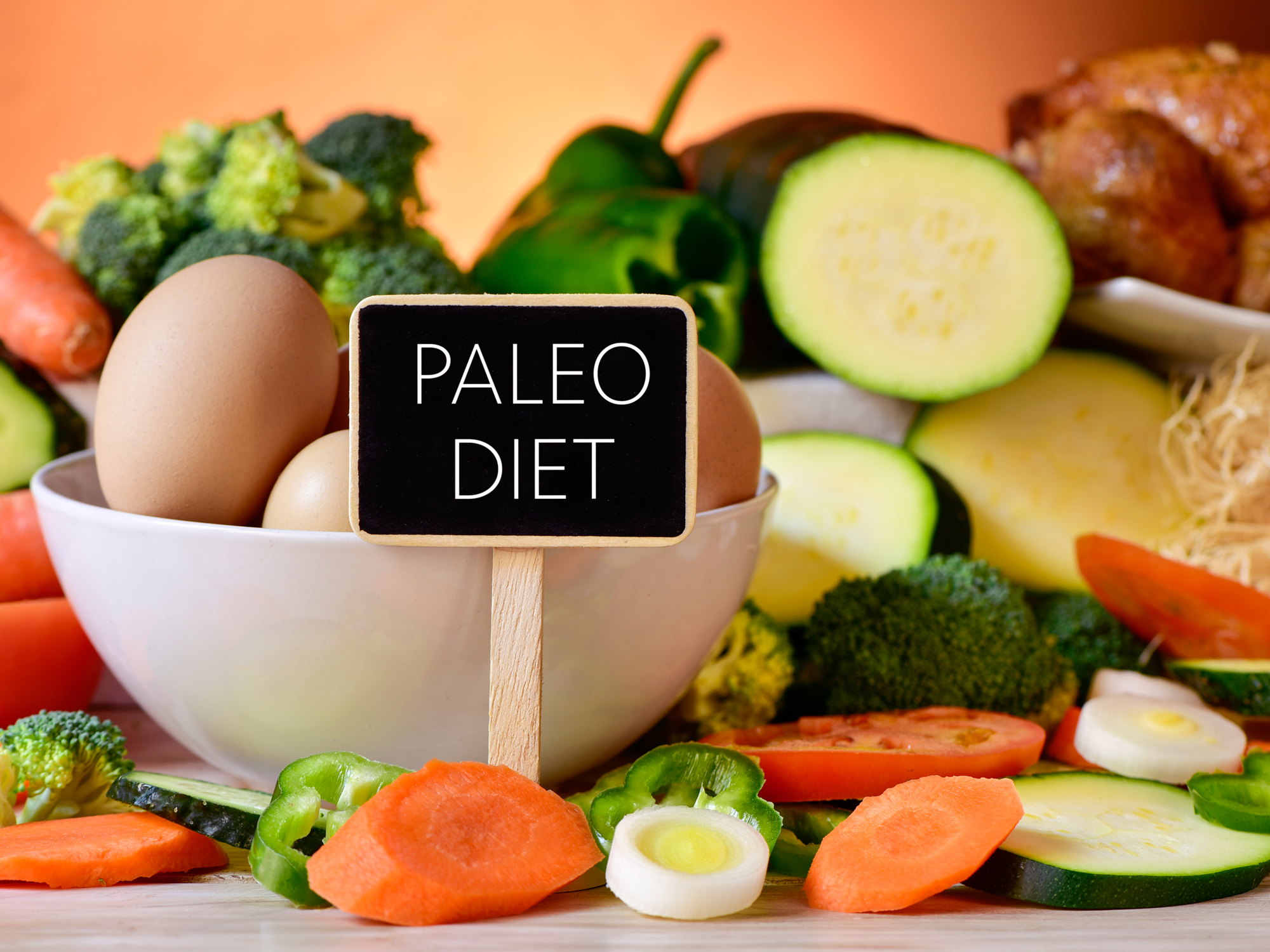Get Easy Health Digest™ in your inbox and don’t miss a thing when you subscribe today. Plus, get the free bonus report, Mother Nature’s Tips, Tricks and Remedies for Cholesterol, Blood Pressure & Blood Sugar as my way of saying welcome to the community!
How to avoid this Paleo pitfall

No diet is perfect. Even the healthiest diets have hidden pitfalls you need to watch out for…
If you’re not careful, for example, a vegetarian or vegan diet can cause nutrient deficiencies that contribute to depression…
Gluten-free diets can cause you to consume high levels of arsenic…
And problems can arise for people on the paleo diet too.
Research shows that, despite its many benefits, the paleo diet can contribute to a mineral deficiency that can mess with your thyroid, cause weight gain and lead to depression.
But if you’re a paleo enthusiast, don’t worry. There’s a simple way to avoid this paleo pitfall, and stay on the path to better health…
Paleo eaters get less iodine
Researchers from five Swedish universities found that older women who follow the paleo diet may be missing out on an important mineral… iodine.
The study included 70 older women who were overweight or obese. Half of the women followed a paleo diet, where they got 30 percent of their calories from protein, 40 percent from fats and 30 percent from carbohydrates. The other half followed a Nordic diet, where they got 15 percent of their calories from protein, 25 to 30 percent from fats and 55 to 60 percent from carbohydrates.
When the study started, women in both groups had similar iodine levels. But after six months of following different diets, women in the Nordic diet group had stable iodine levels, while women in the Paleo diet group saw their iodine levels dip.
As you may know, your iodine levels play a huge role in your thyroid health. If you’re not getting enough iodine, your thyroid hormone levels could take a dive too, leading to hypothyroidism, depression and weight gain.
Now, researchers said that the iodine levels of paleo dieters in this study hadn’t gotten low enough to impact their thyroid… yet. But they believe that could eventually happen to paleo dieters who don’t go out of their way to get enough iodine.
The path to a pitfall-free paleo diet
If you’re a fan of the paleo diet, don’t worry. There are simple ways to stick to your diet and still get all the iodine your thyroid needs. But first, you have to understand why paleo eaters have trouble getting enough iodine to begin with…
Paleo eaters are more prone to iodine deficiency because they stop eating iodized table salt and start eating something more natural and healthy: sea salt. Sea salt is much better for you in a lot of ways. It has more minerals and fewer additives. But unfortunately, it contains little iodine. Paleo eaters also cut out two of the biggest dietary sources of iodine: dairy and grains.
So how do you solve your iodine dilemma without abandoning your paleo diet?
Well, some paleo eaters will include grass-fed dairy in their diet on occasion. If you’re open to that, it may be a good way to keep iodine levels up. You can also include more seafood and seaweed in your diet since both of those contain iodine. Other paleo-friendly foods that contain iodine include eggs, cranberries and bananas (although bananas don’t contain that much).
You’re supposed to get about 150 mcg of iodine per day, which you can easily achieve by eating seaweed, seafood and eggs daily. You could also turn to a kelp supplement to get your daily dose of iodine — whatever you need to do to keep your iodine levels optimum and your thyroid healthy.
Editor’s note: There are perfectly safe and natural ways to decrease your risk of blood clots including the 25-cent vitamin, the nutrient that acts as a natural blood thinner and the powerful herb that helps clear plaque. To discover these and other secrets of long-lived hearts, click here for Hushed Up Natural Heart Cures and Common Misconceptions of Popular Heart Treatments!
Sources:
- Trendy Paleo diet can help you lose weight in the short-term but may cause an iodine deficiency that could lead to weight gain, depression and infertility, reveals new study — The Daily Mail. Retrieved October 24, 2017.
- Manousou, et al. “A Paleolithic-type diet results in iodine deficiency: a 2-year randomized trial in postmenopausal obese women.” — European Journal of Clinical Nutrition. 13 September 2017. doi:10.1038/ejcn.2017.134
- Iodine: Are You Getting Enough? — Paleo Leap. Retrieved October 24, 2017.
- Iodine: Fact Sheet for Health Professionals — National Institutes of Health. Retrieved October 24, 2017.
- What’s the difference between sea salt and table salt? — Mayo Clinic. Retrieved October 24, 2017.













